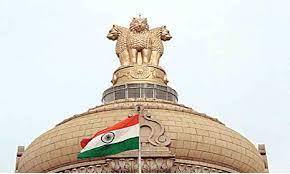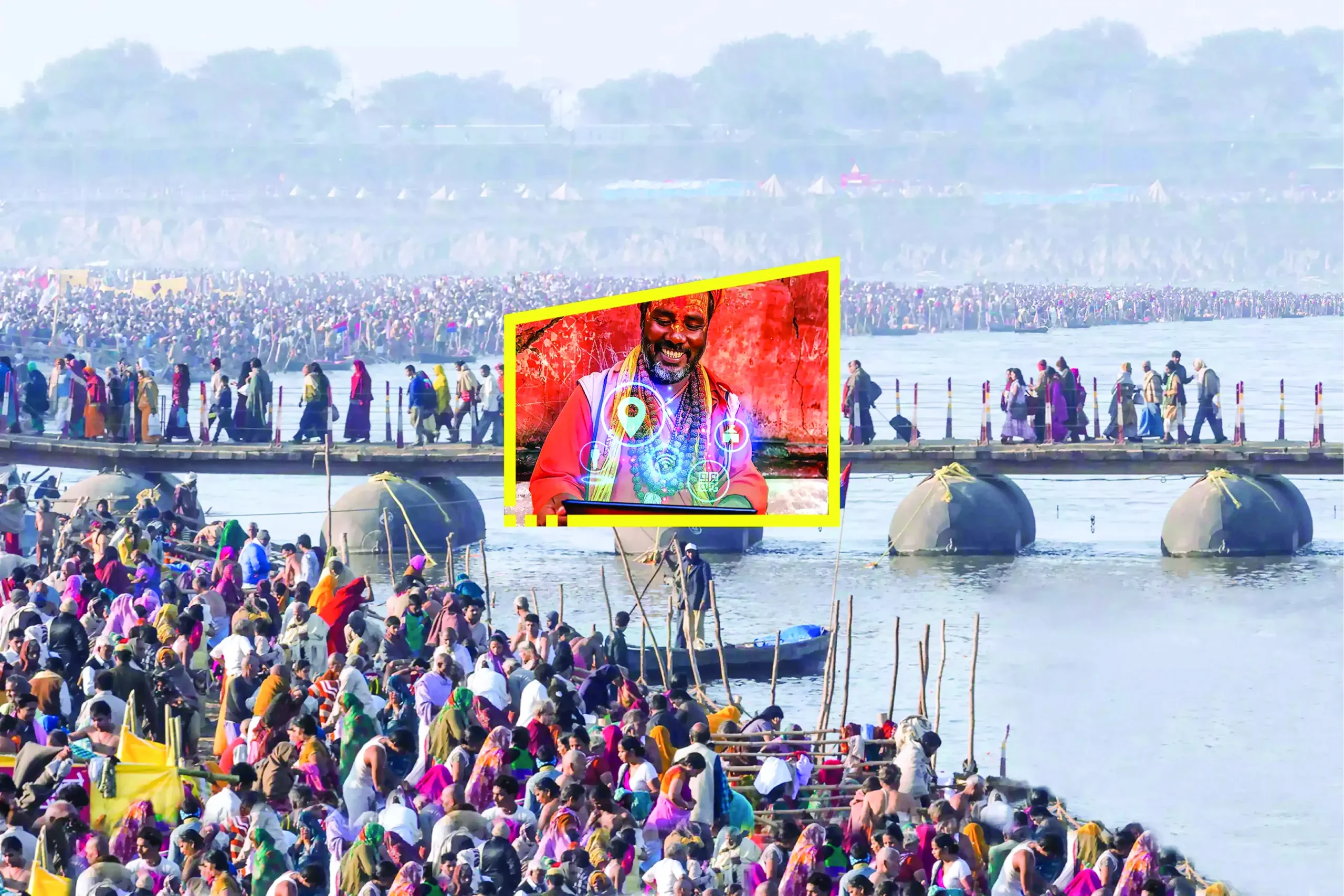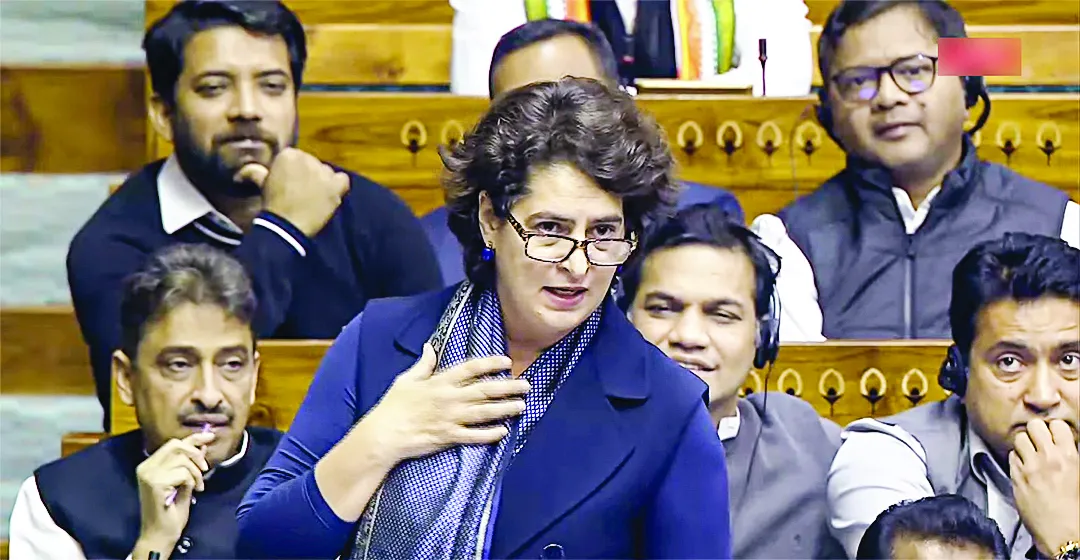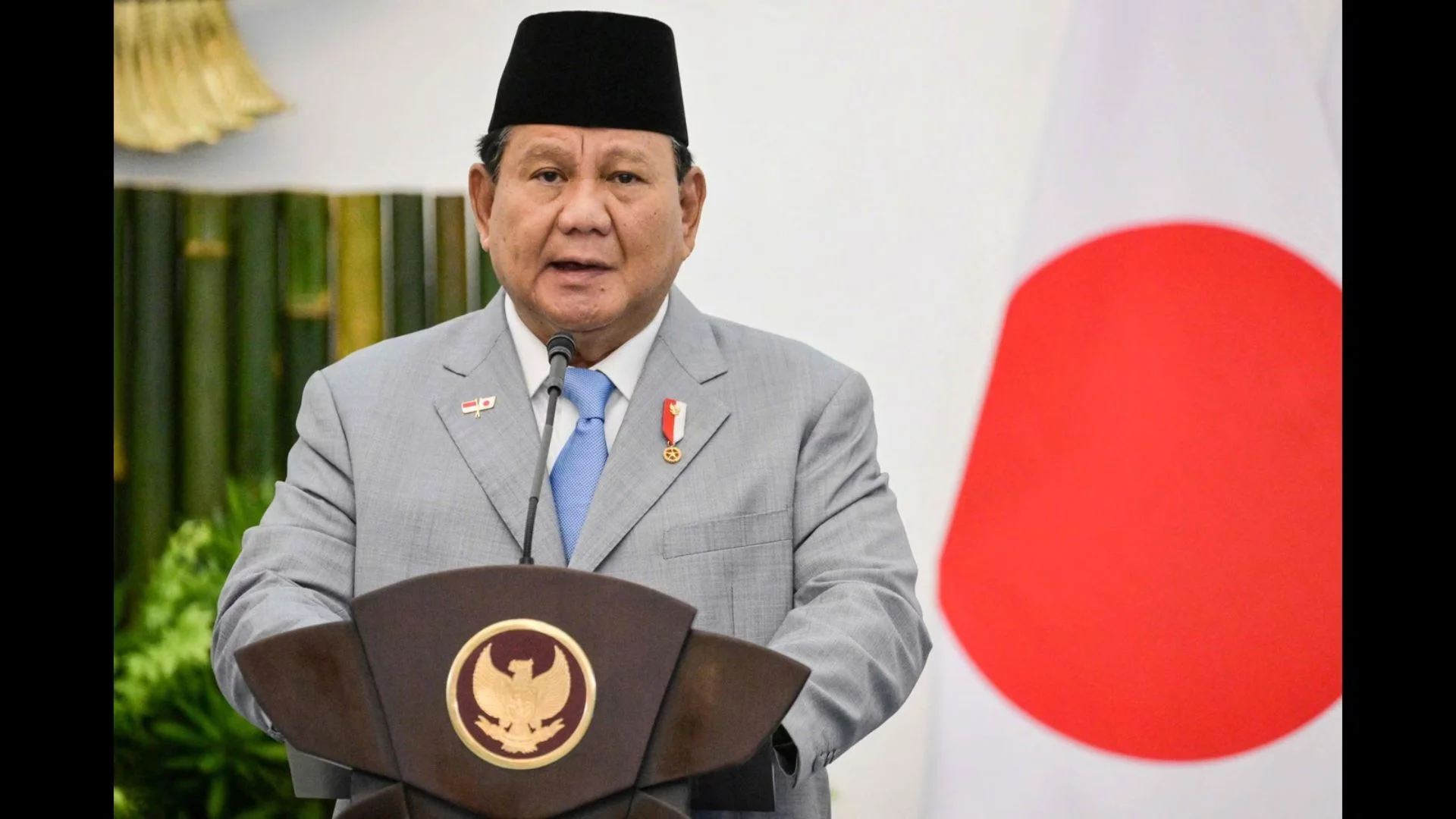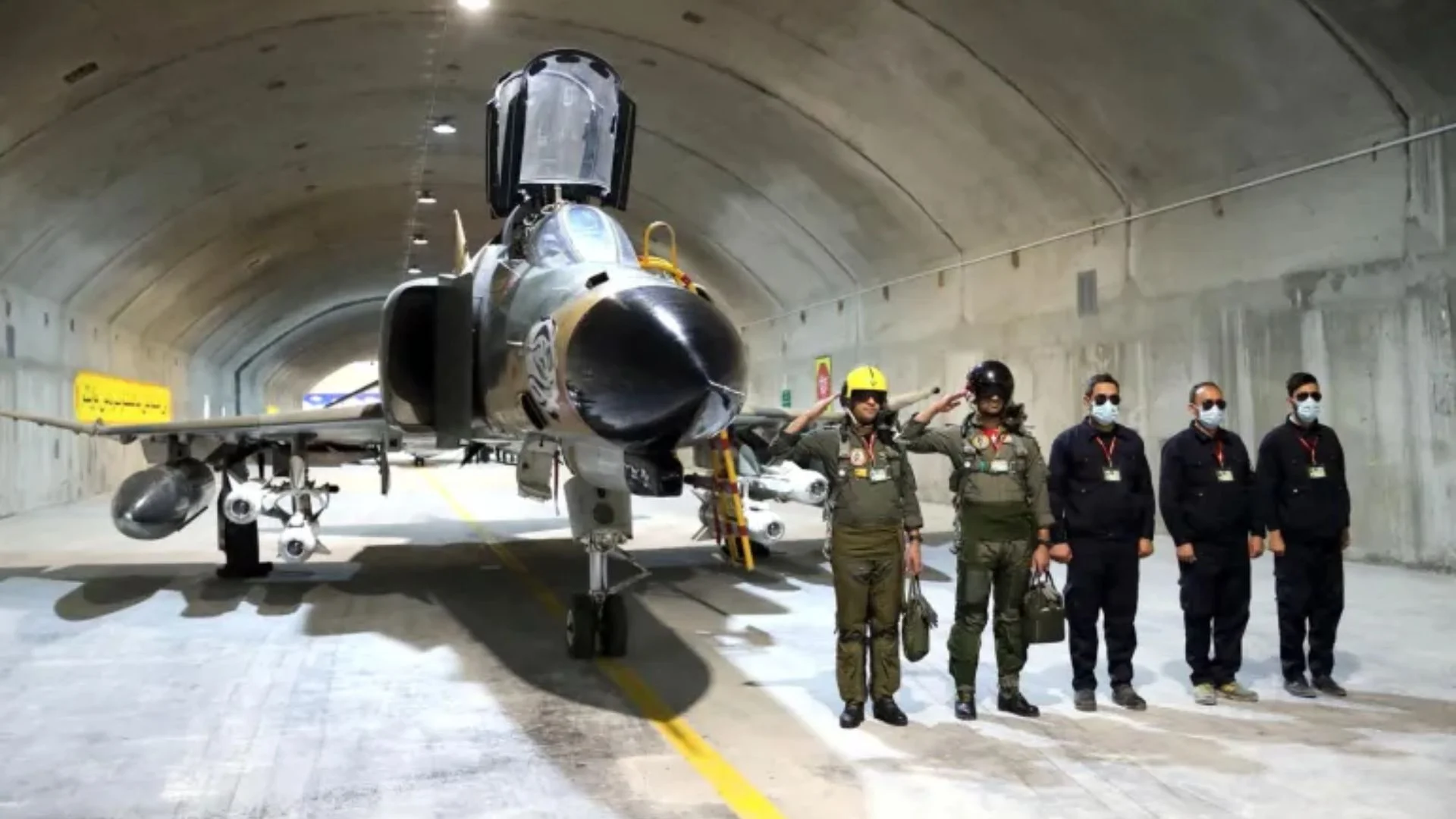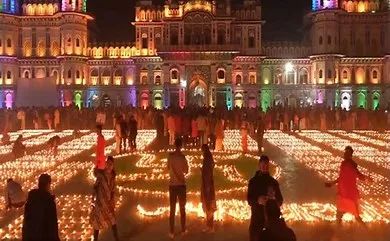In a parliamentary democracy like ours, ministers are accountable to the legislature collectively and severally. Ministers answer questions, pilot legislative/policy proposals and reply to the debates. Though the bureaucracy acts behind the scene by giving inputs to the minister, yet they are not directly in the line of fire. However, in the committees, the onus of explaining and defending the acts of omission and commission rests on the shoulders of the top bureaucracy. While in a malfunctioning Parliament, ministers often escape the heat and fury of opposition when the proceedings are disrupted due to dharnas, walkouts and adjournments, the officers appear before the committees which are at work round the year despite parliamentary logjams. Prof. Woodrow Wilson, who later became the 28th President of the US, aptly described the real work ethos and culture of the committees when he said “The Congress in session is Congress on public exhibition, whilst the Congress in its committee-rooms is Congress at work. The committees are considered as the high tribunal of parliament where, ordinarily, the game is not between the Treasury and the Opposition but between the legislature and the Executive. Some wag has described the game as ‘a tug of war in which the members always win but the mandarins never lose’.”
A legislature by its very composition, cannot perform all its functions efficiently and effectively due to inherent limitations. First, there is a great constraint of time. Secondly, the problem gets confounded when the legislatures, especially the State Legislatures, meet for a few days and the proceedings are derailed. Thirdly, the floor of the House is not suited for detailed scrutiny, sifting of evidence, and recording of testimony. Fourthly, it is not possible to secure participation of every member on the floor of the House on every issue before it.
Therefore, Parliaments across the world, irrespective of the form of government, set up a variety of committees to discharge their multifarious functions. Our Parliament, between the two Houses, has over five dozen committees covering almost the entire gamut of governmental activities. Similarly, the State Legislatures have a large number of committees.
Articles 105 and 194 confer the same powers, privileges and immunities on both the Houses of Parliament and on the State Legislatures and on the members of the committees thereof. A Committee is a mini legislature as there is proportional representation of members belonging to different political parties. Each committee has well-defined functions and mandate and has to work with in its remit and report to the legislature within the given time line. A committee has inherent power to send for papers, persons and record, which is an integral part of the power of legislative oversight to expose and publicise “corruption, maladministration, or inefficiency in the agencies of the Govt”. This power is “an aid to legislative functions and not to expose private affairs of individuals without justification in terms of the power’ of the legislature. The committees perform a bonafide legislative functions when they secure the testimony of witnesses”.
Unlike committees of many parliaments of the world, the sittings of our Committees are held in private. The objective is to enable the witnesses, who are preponderantly senior most bureaucrats, to make free and frank deposition without the glare of the media and to ensure that the instinct to play to the gallery is not aroused. It is not permissible for anyone privy to the proceedings to communicate directly or indirectly with the media about the proceedings till the report is presented to the legislature. Any information given, or testimony made, is likely to be quoted in the report of the Committee unless a specific request is made to the contrary in public interest. The government may refuse to share the information invoking the plea of public interest. But the plea has to be invoked with great foresight as non-disclosure of information may boomerang and do more damage.
A witness/representative of the ministry appearing before the committee is deemed to be under oath that he shall be true, will conceal nothing and that no part of the evidence tendered shall be false. This applies with equal rigour with respect to the documents or information supplied to the committee. The refusal to answer questions, prevarication or wilfully giving false evidence, suppression of truth, or to give convoluted answer, trifling with the committee, or destruction of material documents sought by the committee, constitute breach of privilege and contempt of the committee. Any testimony violating the sanctity of rule of evidence is perjury and punishable. The depositions made before the Committee are recorded verbatim. The whole or part of the evidence is likely to be quoted in the report.
The unfinished labour of love of the predecessor committee is taken forward by the successor committee. The dissolution of the legislature does not wipe clean the slate of a committee. The senior bureaucracy is regularly involved in the working of the committees at various stages. The work starts with the submission of advance study material sought by a committee. This is followed by submission of replies to the questionnaire of the committee, preceding evidence. Officers take care to see that the replies to questions or statements made by the minister in the house and the testimony given before the committee are not at variance. Usually, committees send a post evidence questionnaire to seek clarifications on issues not covered in oral evidence or questions which could not be replied orally. So, the officers have the onerous task to collect, collate, and cross check the veracity or otherwise of the information, and supply the same to the committee within the given time line. This requires due diligence and steady perseverance. A half-baked draft or perfunctorily written note or delay in furnishing the information triggers uncomfortable and avoidable questions.
A trend is seen in many State Legislatures where secretaries seek exemption from personal appearance disregarding the cardinal tenet that parliamentary work has precedence over the executive work. Of course, departmental heads well versed with parliamentary practices make such requests sparingly and with adequate justification. In a compelling a circumstance, a secretary may seek fixing a new date for evidence or draft his next below senior officer to depose before the committee with the prior permission of the chairman. ‘An unexamined life is not worth living’, and more so, a public servant must gladly suffer parliamentary scrutiny. Besides, engagement with the committees gives opportunity to the departmental heads to share their constraints and difficulties. It also strengthen the bureaucratic chain of accountability and helps remove programmatic shortcomings and deficiencies.
The bureaucracy is responsible for examination and implementation of the recommendations of the committees. Though the recommendations are not binding, yet it does not detract from their importance. The well-considered recommendations are the end product of the valuable inputs furnished by the ministries, domain experts, and the extensive deliberations and the consensus that the all-party members in the committee reach. Where it’s not feasible to implement a recommendation, the bureaucracy adduces reasons sharing the constraints. The committee may not reiterate implementation of such a recommendation.When an all-party committee speaks agreeably and in voice, it carries great weight and consideration and it impels the government to implement the recommendations. The ultimate objective is to bring efficiency, effectiveness of expenditure and austerity and to secure accountability. Like the Parliament, the State Legislatures too have different committees. However, it’s a matter of deep concern that many State legislature delay constitution of committees inordinately. The obvious result is, to such an extent, the legislature is unable “to put fear in the executive”.
Though the Committees of a legislature are serviced by the officers and staff of the legislature Secretariat, the officers of the executive play a very significant role by supplying background papers, replies to questionnaire and by giving oral testimony. More so, the recommendations are examined and implemented by the bureaucracy. The invaluable contribution of the bureaucracy forms the basis of committees’ report. So, every committee invariably acknowledges the contribution and cooperation of the bureaucracy in their report submitted to the House.

The author is a former Additional Secretary, Lok Sabha. The article is an abridged version of the talk delivered recently at Amrawati to a batch of senior officers of Andhra Pradesh government.

